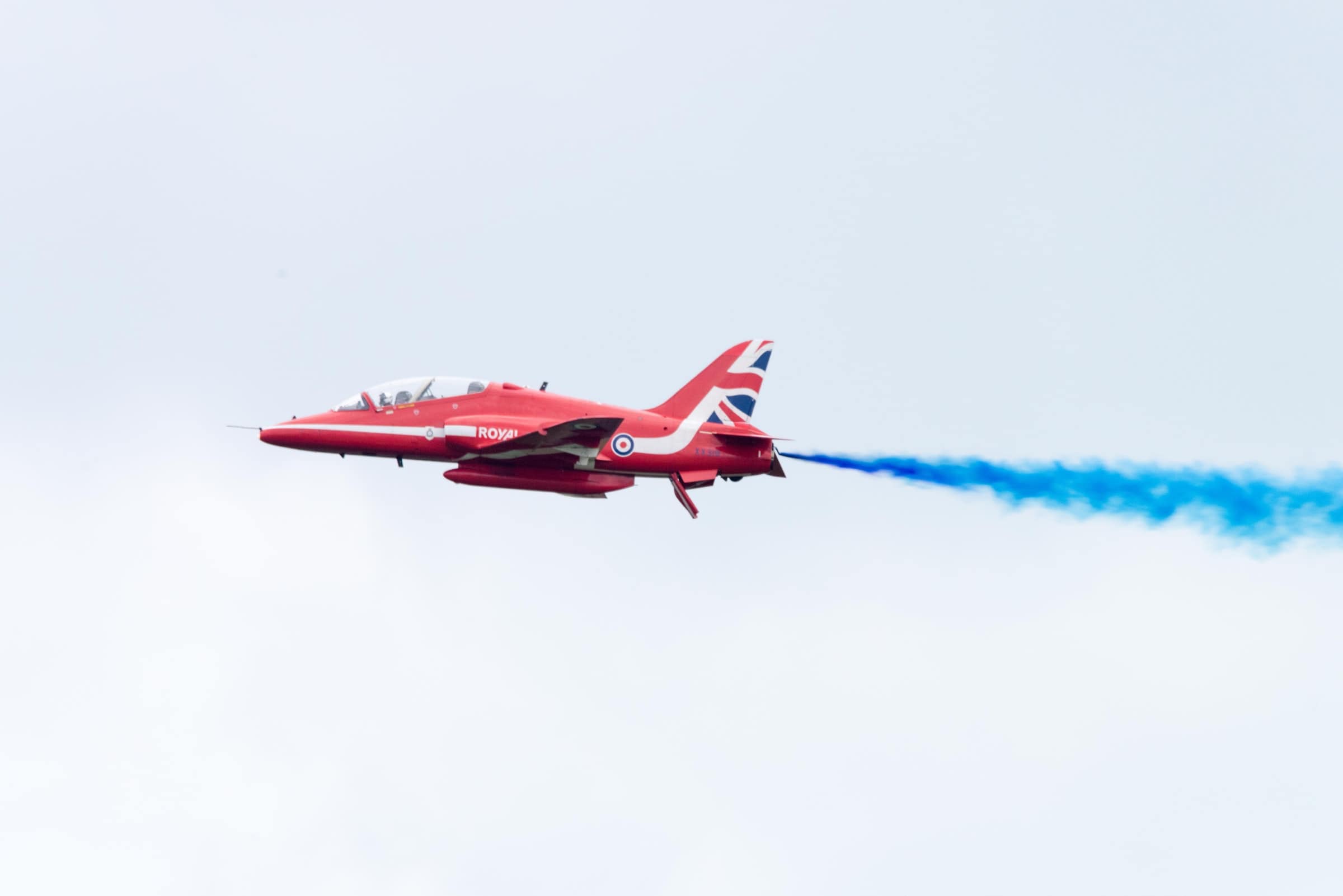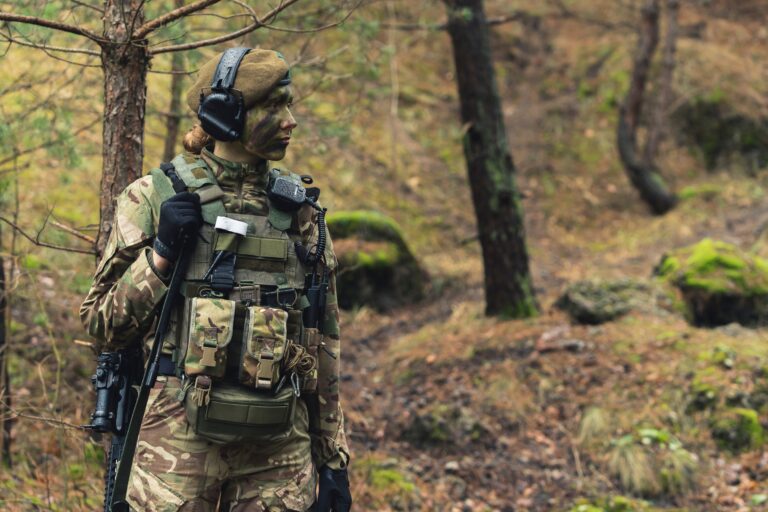
RAF Voyager ZZ333 Incident: Deadline for civil claims looms on 9 February 2017 as criminal proceedings due to start
The pilot responsible for a military aircraft plummeting 4,400 feet is to appear before a Court Martial next month for the criminal trial in the case against him. This incident, which occurred on 9 February 2014, left a great deal of passengers injured, with many now pursuing civil claims in the High Court.
The Incident
The Voyager Flight ZZ333 was transporting 189 passengers and nine crew members to Camp Bastion Airfield, Afghanistan from Brize Norton, following R and R over the Christmas period for those deployed to Afghanistan.
Whilst flying over the Black Sea, the aircraft all of a sudden nose dived 33,000 foot within 27 seconds. The aircraft dropped 4,440 foot in height, before the self-protection system initiated a recovery back towards control flight. The aircraft dropped at a maximum of 260 feet (80 metres) per second.
The resulting negative G forces were sufficient for almost all of the unrestrained passengers and crew to be thrown towards the ceiling. The co-pilot struck the cabin roof, but was able to re-enter the flight-deck through the open door. Many were convinced that the plane would continue to nosedive and crash and that they would all be killed. These are memories which continue to haunt many of those involved today.
Of the 189 passengers on board the flight, 33 were identified to have minor physical injuries on landing, but the more long-lasting effects have been shown to be psychological.
A team of mental health nurses from RAF Brize Norton were deployed to Incirkik, Turkey, together with Trauma Risk Management Practitioners (TRiM), to determine whether individuals were able to continue with their onward journey and deploy to Afghanistan. Many passengers were clearly distraught by the traumatic event, and were anxious about boarding another flight for fear that the same unfortunate event would occur again. A decision was made that those involved in the flight should return to the UK.
See my colleague, Rhicha Kapila’s previous blog here, which comments in more detail on the specifics of the incident.
Criminal proceedings against the ‘Voyager’ pilot
The unnamed RAF pilot will face court-martial charges in February 2017 for negligently performing a duty, perjury, and making a false record , according to the Sunday Times – see their article of 14 August 2016 in which my colleague, Rhicha Kapila, comments.
The Service Inquiry Report into the incident, published in March 2015, will form the basis for the proceedings against him.
The Report established conclusive evidence that the pitch-down command was the result of the Captain’s personal digital SLR camera inadvertently hitting his side stick, causing a physical obstruction that jammed between the left armrest and the side-stick unit, when the Captain’s seat was motored forward. This caused the autopilot to disconnect and the aircraft to enter a dive. The Captain had been using his personal digital SLR camera on the flight deck during the flight, including just minutes before the incident occurred.
The report shows that the Captain had taken 77 photographs during the flight, potentially to help keep his mind active and alert. Whilst the presence of the camera is not specifically prohibited, the Voyager Operations Manual clearly states that lone flight crew must refrain from “non-relevant duties”. In this case, it proved to have far reaching consequences for many of those on board the flight.
In February 2011, the UK’s Civil Aviation Authority warned crew members of this very possibility. It advised crew members to stow personal items while flying after a “pilot’s unsecured mobile phone migrated forward to a position where it jammed the rudder pedal controls under the cockpit floor area.”
The Final Inquiry Report also confirms that the Co-Pilot was absent from the flight-deck for a lengthy period of time, approximately 18 minutes before the incident occurred.
Compensation for those involved – deadline of 9 February 2017
Although no major injuries were identified at the time of the incident, the psychological impact for many of those involved has and continues to have far-reaching consequences. Some have even lost or are at threat of losing their hard-earned military careers as a result. For others, the prospect of promotion has been thwarted by a residual fear of flying, making deployment for many a frightening prospect.
Many of those involved in the incident have gone on to develop some of the more serious known psychiatric disorders, including adjustment disorders and post-traumatic stress disorder (PTSD), as well as recognised phobic disorders relating to flying. Many have required specific treatment to attempt to alleviate the symptoms associated with these conditions, including flashbacks and panic attacks, and for most that treatment will be ongoing for months to come.
Those who suffered psychological but not physical injuries are entitled to pursue civil claims for those injuries against the Ministry of Defence. The Ministry of Defence owes a common law duty of care to their employees, and are vicariously liable for the negligent actions of the Captain of the Voyager aircraft.
I am a Senior Solicitor at Bolt Burdon Kemp and I am acting for a number of clients who were involved in this traumatic incident. Civil court proceedings must be issued within three years of the date of the incident, therefore by 9 February 2017. If you were injured in the incident and would like to pursue a claim, you are urged to contact myself on 020 7288 4821 or ClaireWithey@boltburdonkemp.co.uk or my colleague Rhicha Kapila on 020 7288 4845 or RhichaKapila@boltburdonkemp.co.uk urgently before this deadline.










